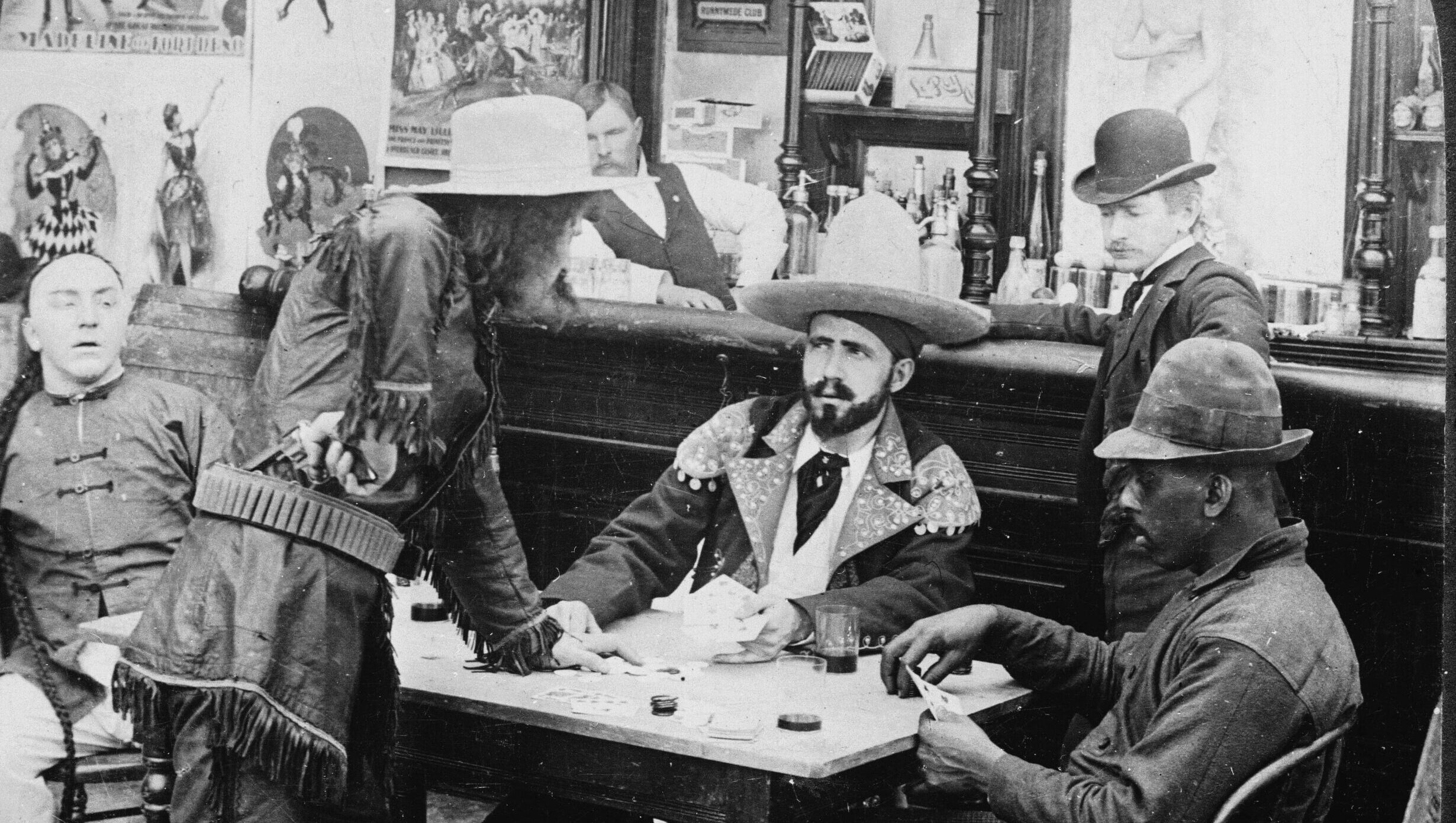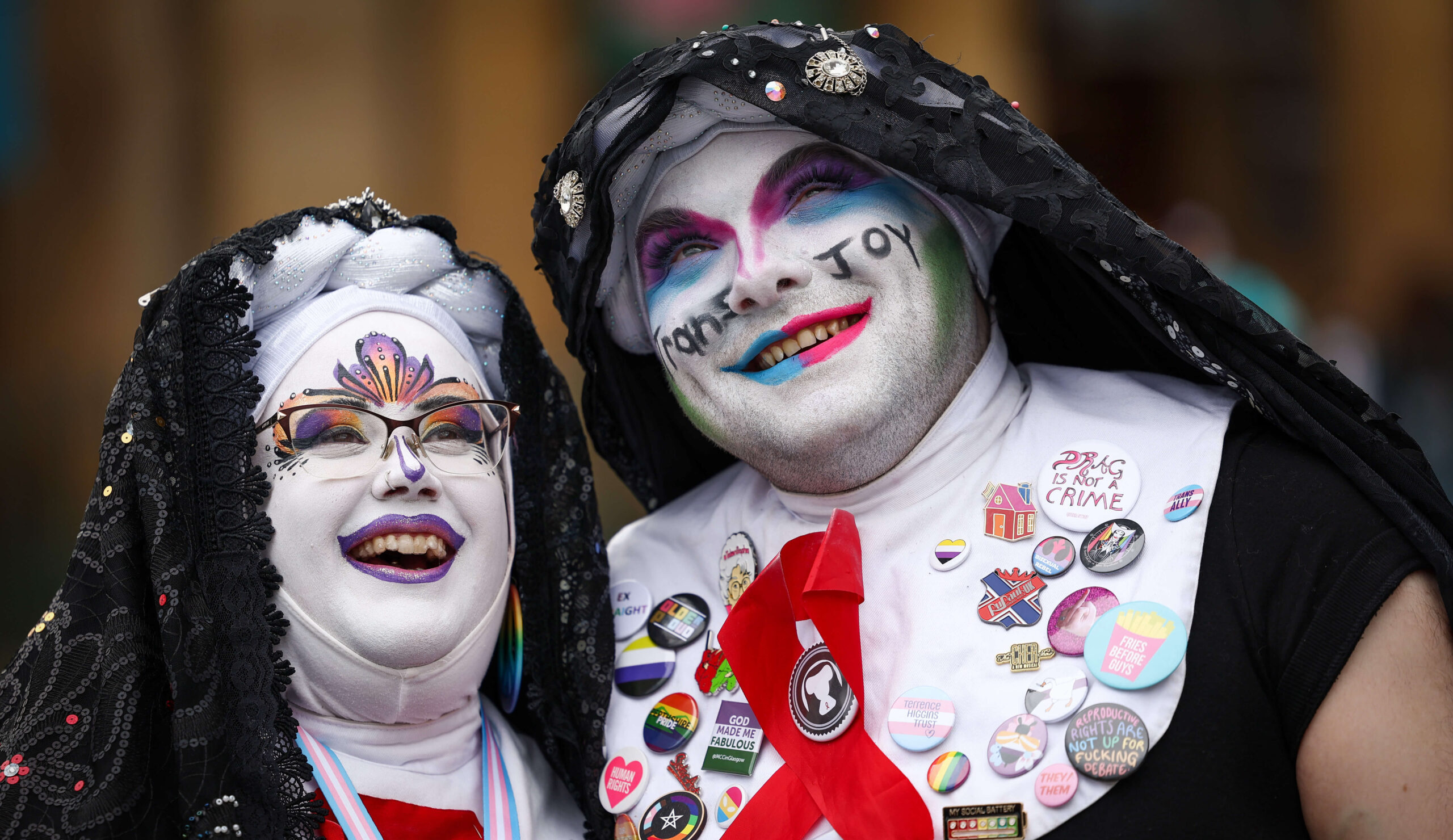The Enlightenment: History of an Idea
by Vincenzo Ferrone, trans. Elisabetta Tarantino
(Princeton, NJ: Princeton University Press, 2015)
Western civilization, we are told, has entered a post-Enlightenment, postmodern, and post-Christian era. The horrors of the twentieth century—totalitarianism, the Holocaust, two world wars—have destroyed every illusion about the ability of autonomous human reason to transform the world into the heavenly city of the eighteenth-century philosophers. A post-Enlightenment era must be a postmodern and post-Christian era because the origins of the Enlightenment are to be found in the sixteenth century: the meaning of the Enlightenment is inseparable from the meaning of modernity as such. The Protestant Reformation had destroyed the unity of Christendom, and modern philosophy had turned from the contemplation of reality to the Cartesian “subject,” freeing philosophy from its status as handmaiden to theology.
Ferrone’s book is a defense of the Enlightenment, not for the sake of Western civilization, but for the sake of the European Union. “The new united Europe that is on the rise,” he says, “badly needs to find again its authentic roots” in the eighteenth-century Enlightenment. To make this defense, he must argue against the view that sees in the Enlightenment the cause of the French Revolution with its Reign of Terror, the horror that foreshadowed the unspeakable atrocities of our own day. Because philosophers such as Hegel, Horkheimer, and Adorno argue that there is indeed a necessary connection between the Enlightenment and the Terror, Ferrone must argue for the separation of the historical understanding from the philosophical understanding of the Enlightenment. Somehow, by giving a historical account, with all the complexities, contingencies, and discontinuities of the eighteenth century, the inevitability of the connection between the Enlightenment and the Terror, he believes, will begin to fade from sight, and the Enlightenment can be seen as a relatively innocuous “cultural revolution,” a kind of reformation of the Old Regime.
But, contrary to Ferrone, it is impossible to separate the historical from the philosophical precisely in the case of the Enlightenment. The Enlightenment is an “idea.” (The subtitle of the book is History of an Idea.) In fact, it is a new idea. What is an idea? An idea in the modern sense is not the way in which the mind is conformed to reality, the way in which the mind is “measured” by what actually is, or the adequation of the intellect to being. On the contrary, an idea is a production of the mind itself. The Enlightenment is a new idea of how things ought to be. As Ferrone insists, philosophers of the Enlightenment wanted to “change our reality” and “to change the world through ideas.” The Enlightenment is the project of making the world conform to its own idea, to the “dreams” of the philosophers.
The philosophers, then, on account of their “moral superiority,” constituted a “new elite,” a “new aristocracy,” replacing all traditional elites. This new intellectual elite was “determined to change the way people thought” and thus to change the world order. The Enlightenment was “the laboratory of modernity.” History was, in effect, the laboratory of the philosophers.
Ferrone argues that the unifying principle and defining trait of the Enlightenment is the idea of “the emancipation of man through man.” The Enlightenment was an “emancipation project” intended to create a “new civilization” grounded in the autonomy and centrality of man. First and foremost, then, it is the emancipation from religion and the elimination of transcendence in favor an “entirely immanent standpoint.” Voltaire, for example, saw no need for a religious foundation based on revelation in order to establish the new universal morality. Jesus Christ was a great and admirable man, but only a man.
Yet, most Enlightenment philosophers did recognize the need for religion as a support for the social bond. Christianity is to be replaced by a new universal and natural religion that is purely instrumental. Rousseau’s civil religion, for example, has no doctrines except toleration and sociability. It is designed to support the “general will,” not to create a community of worship of a transcendent God. Religious sentiment and belief must remain hidden in one’s heart. Christianity becomes a private matter never to appear in public life.
Ferrone, I believe, does not realize that civil religion cannot be a real bond among men, because the sacred cannot be a human invention and the natural divisions among men cannot be overcome by a “new idea.” Civil religion cannot replace tradition, which permeates everyday life with the sacred. Tradition is not an idea or a system of ideas, but a fundamental orientation of the whole person, his beliefs, sensibilities, sympathies. Kant’s Religion within the Limits of Reason Alone, with its elimination of every trace of traditional Christianity, offers no possibility of real community.
As Francis Slade has shown, Christianity cannot live in the privacy of the heart: it is the religion of publicness because it is the religion of truth, truth that is accessible to all men, regardless of education and social class. Eamon Duffy, in The Stripping of the Altars, insists on “the social homogeneity of late medieval religion.” As he demonstrates: “Rich and poor, simple and sophisticate could kneel side by side, using the same prayers and sharing the same hopes.” In spite of the differences of sophistication about the faith, “they did not have a different religion.” The social bond of medieval Europe was not found in an idea but in worship, in the Eucharist. The loftiest theologian was at one with the least educated laborer. In that sense there were no “elites.”
C. S. Lewis gives us a concrete example of what this actually means by recounting his own experience. He disliked going to church on Sundays; he disliked the hymns, which he considered to be fifth-rate poems set to sixth-rate music. “But as I went on I saw the great merit of it. I came up against different people of quite different outlooks and different education, and then gradually my conceit just began peeling off. I realized that the hymns were, nevertheless, being sung with devotion and benefit by an old saint in elastic-side boots in the opposite pew, and then you realize that you aren’t fit to clean those boots.” Natural and conventional differences are not erased, but they become insignificant in the presence of the reality of the Incarnation.
Ferrone does not accept the connection between the Enlightenment and the Reign of Terror, for he does not see that when reason is detached from truth, the public truth of Revelation, and becomes the “dream” of an intellectual elite intent on conforming reality to its immanent standpoint, there are no longer any limits on what is possible. Reason, unrestrained by anything outside itself, leads to the Terror, the absolute power of the State, and totalitarianism, for there is no effective check on human power.
The Enlightenment inevitably gives way to “postmodernism,” the rejection of the reality of truth and the realization that reason is only a mask for the will to power. Autonomous reason, that is, reason detached from any public measure, must eventually give up any pretense to universality and become nothing more than justification for the rule of the strong over the weak. Because the public measure of truth, the Revelation of the Bible, has been replaced by autonomous reason, Christianity is all but dead in Europe. Religion is private, the churches are empty, and the state is aggressively secular. At the same time, the Islamic population has increased dramatically, while “multiculturalism” and “political correctness” dominate public discourse.
In the face of this dire situation, Ferrone dismisses the efforts of the Catholic Church to salvage what is good in the idea of the Enlightenment. The philosopher Jürgen Habermas, who argues for the viability of Enlightenment rationality, and Joseph Cardinal Ratzinger (later Pope Benedict XVI) engaged in a dialogue in which both agreed on the need for a postsecular society with religion occupying a central position. In 1996, Pope John Paul II held a three-day seminar at which eminent scholars, philosophers, and theologians discussed both the merits of the Enlightenment and the consequences of denying the role of God in history, such as the rise of totalitarianism. In the words of one of the participants, theologian Robert Spaemann, “only religion can save the Enlightenment . . . because religion understands the Enlightenment better than the latter understands itself.” But for Ferrone, the Catholic Church is “an unwanted third party” in the debate over the value of the Enlightenment.
Whatever the merits of the Catholic Church’s attempts to come to terms with modernity, it seems clear that Enlightenment rationality cannot provide the foundation for European unity. Even Rousseau understood that a secular society is ultimately impossible. Because it is union in the divine, the Church is the only possible multicultural society.
In 2006, Pope Benedict XVI returned to the university at Regensburg, where he had taught in the faculty of theology, to deliver an address on the harmony of faith and reason. In the course of that address, he mentioned a discussion that had taken place in 1391 between the Byzantine emperor and a Persian scholar. The pope quoted the emperor’s statement concerning the relationship between religion and violence: “Show me just what Mohammed brought that was new, and there you will find things only evil and inhuman, such as his command to spread by the sword the faith he preached.” The emperor proceeded to explain that violence in spreading the faith is “unreasonable” and is therefore contrary to God’s nature. Reaction to news of the pope’s address was marked by riots in Europe and the murder of an Italian nun who had dedicated her life to serving the poor in Africa.
While Ferrone is worrying about the unity of Europe (which now can be only economic), Europe is aborting itself out of existence and, at the same time, attempting to absorb a new wave of more than a million Muslims fleeing the conflicts in the Middle East or seeking a better economic situation. Meanwhile, we witness the beheading of twenty-one young Coptic Christians by ISIS on the shores of the Mediterranean and the warning to Rome: “We are coming!”
Remarkably, Ferrone never discusses the threat of militant Islam to the Enlightenment ethos that he wants to preserve and to the unity of Europe that he wants to promote. He never discusses the fact that the Muslim populations have no desire to assimilate, want to live under sharia law, and, in some instances, demand that it be recognized in the secular courts. Because he does not acknowledge that Western civilization is essentially Christian, he never faces the most fundamental problem: Islam’s refusal to embrace the kind of union of faith and reason achieved in the Christian Middle Ages.
The “authentic roots” of European civilization are to be found not in the autonomous reason of the Enlightenment of the eighteenth century but in that union of faith and reason initiated almost two thousand years ago, and not in an idea but in the reality of a living Tradition. In 732, when the civilization of Christendom was on the verge of entering the period of the Middle Ages that saw the birth of the great cities and the great universities of a vibrant culture, Charles Martel stemmed the Muslim advance into France at the battle of Tours. In this post-Christian era, militant Islam seems to have little to fear from what it alone persists in calling “the land of the Cross.” ♦
Ann Hartle is professor of philosophy at Emory University and the author of Montaigne and the Origins of Modern Philosophy. She is currently working on a book on recovering civility.














